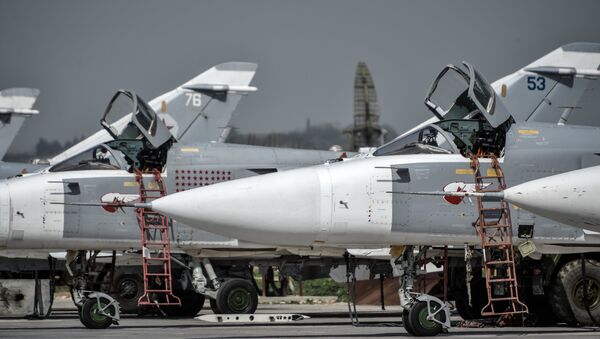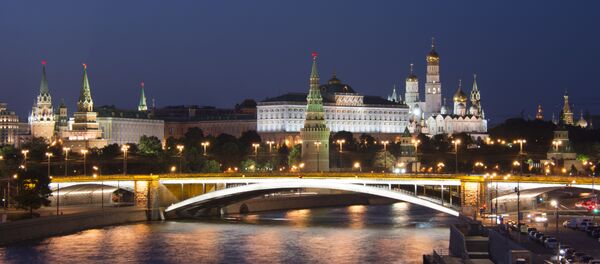While the Russian campaign and subsequent withdrawal have not "led to a slackening of Western sanctions," they have nonetheless "positioned Moscow as a key power broker in the Middle East," Ilan Berman, Vice President of the American Foreign Policy Council in Washington D.C., wrote for the National Interest.
Russia has put considerable effort into launching the UN-sponsored peace process in a country that has seen the five years of violence claim more than 250,000 lives, displace millions of people and spark a refugee crisis in Europe, unseen since World War II. As part of these efforts, Moscow played a central role in brokering a nationwide ceasefire agreement and, according to the analyst, "remains essential to its implementation."
"That, in turn, gives the Kremlin a deciding voice over regional politics, because the West will require Russia's assistance to ensure the Assad regime's continued compliance with the terms of any political solution," he explained.

Meanwhile, Russia, according to Stratfor, could use its clout and expertise to resolve another grave crisis in the Middle East – the yearlong war in Yemen. "Yemen's conflict is a chessboard upon which global powers are playing. For Russia, having a piece on the board could be another way to shape the region's dynamics," the Texas-based think tank observed.



